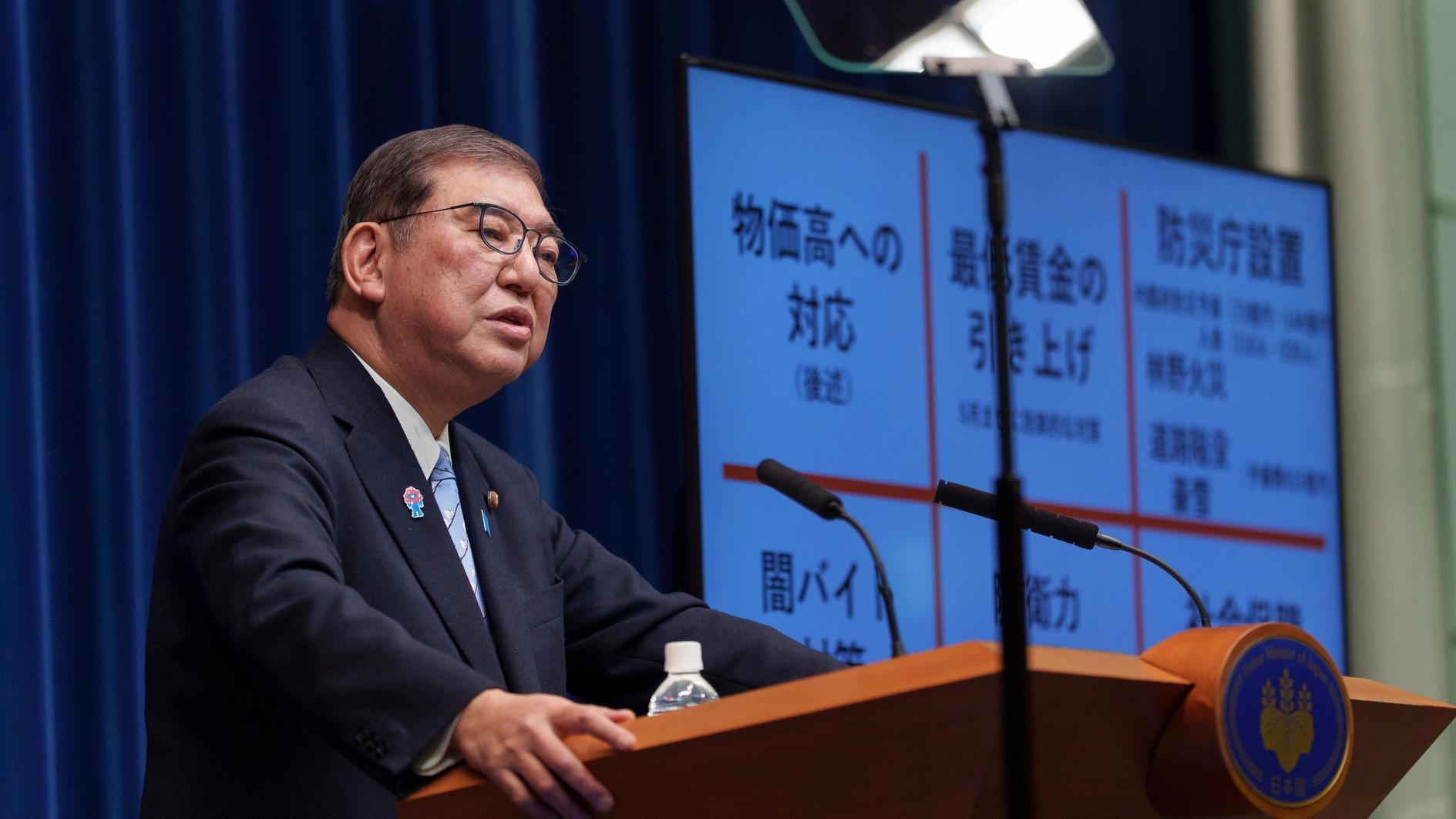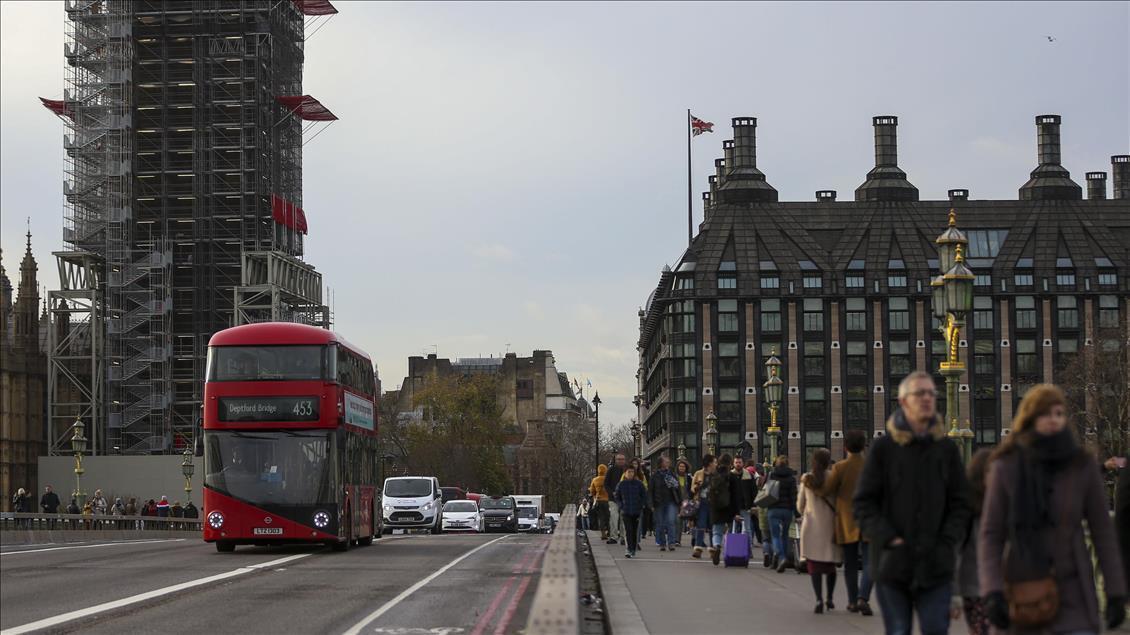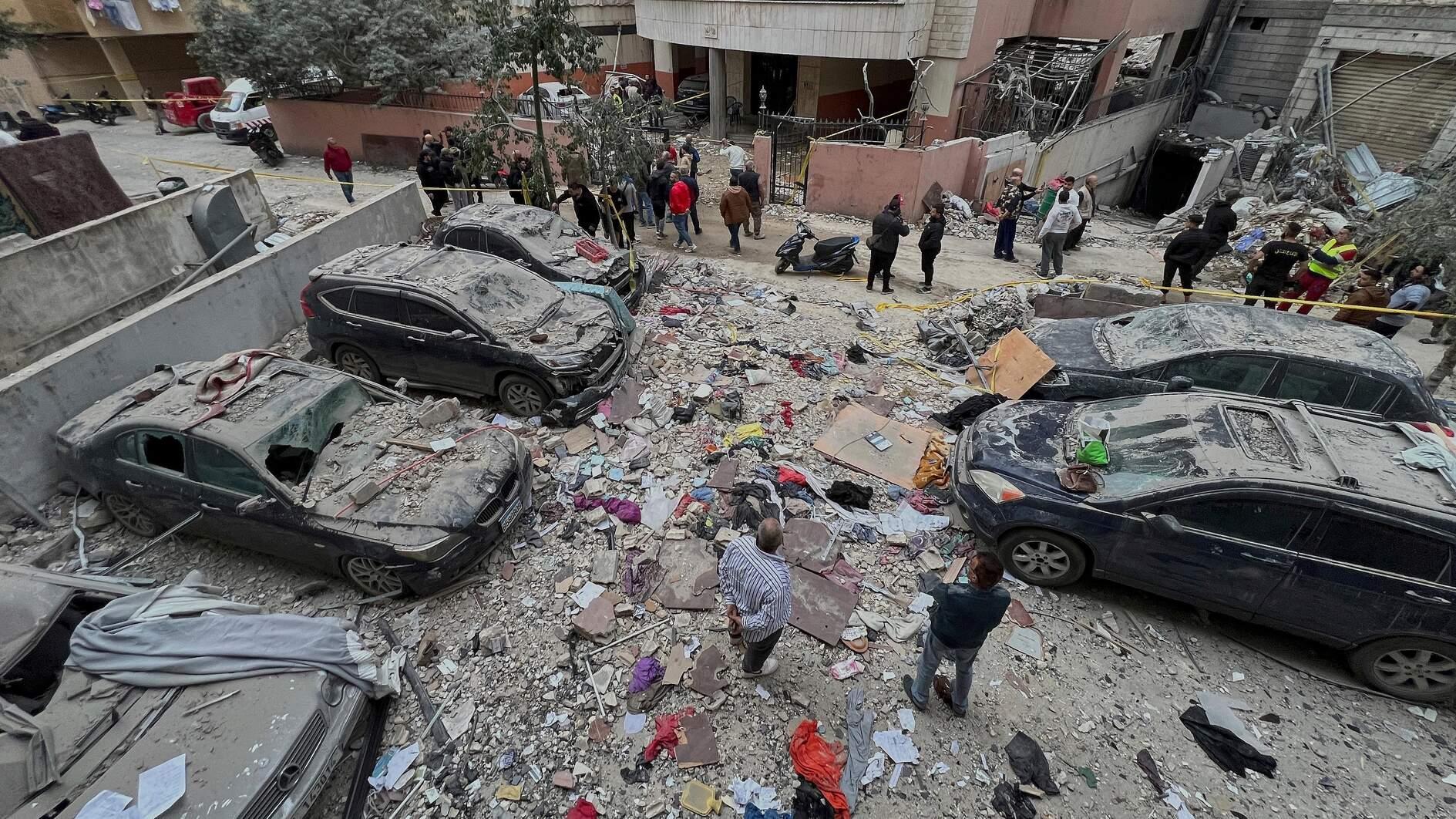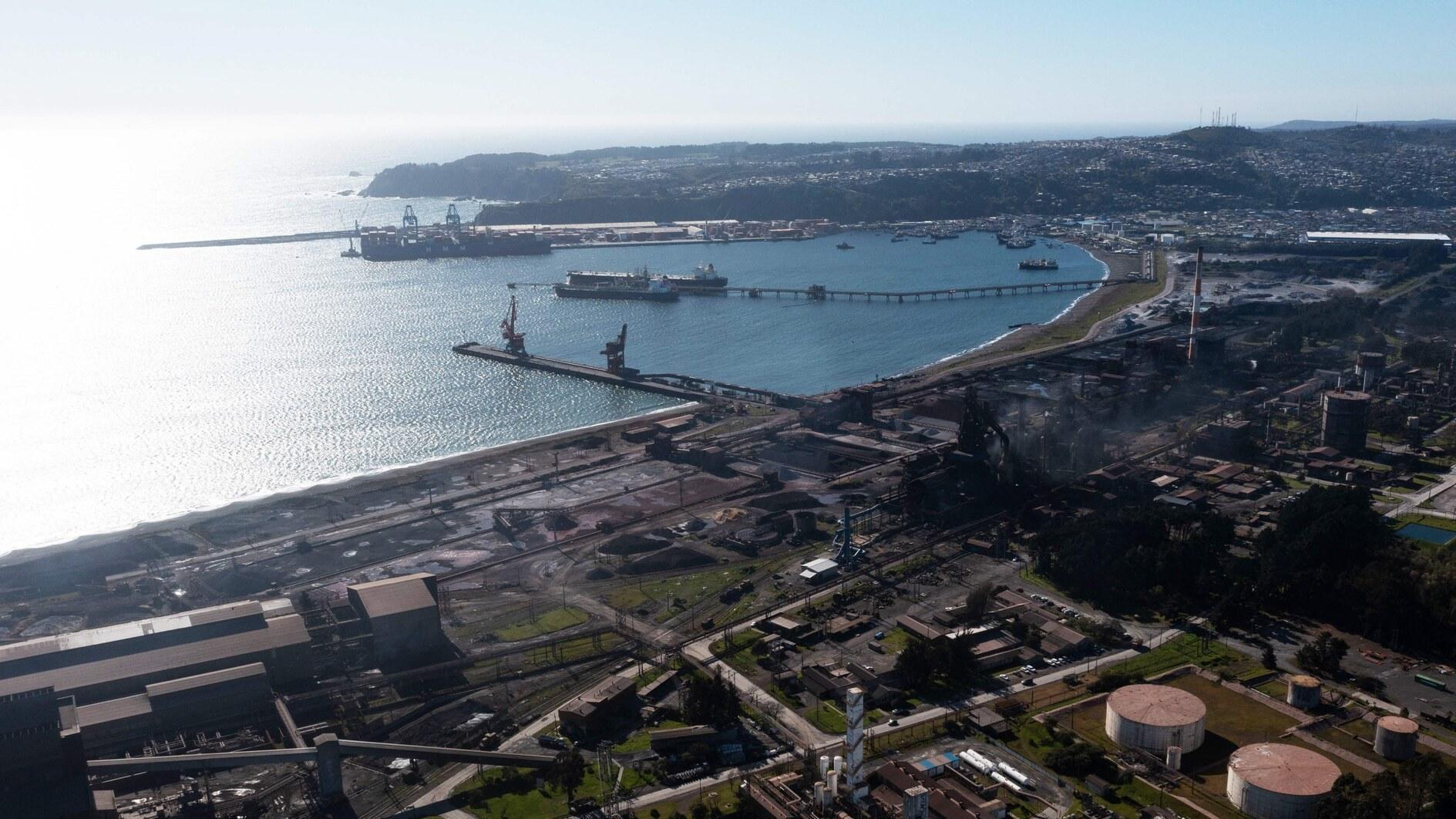Hamas agrees to steps toward Palestinian unity, Fatah welcomes move
GAZA CITY
 Hamas said on Sept. 17 it had agreed to steps toward resolving a decade-long split with Palestinian president Mahmud Abbas's Fatah, announcing it would dissolve a body seen as a rival government and was ready to hold elections.
Hamas said on Sept. 17 it had agreed to steps toward resolving a decade-long split with Palestinian president Mahmud Abbas's Fatah, announcing it would dissolve a body seen as a rival government and was ready to hold elections.The statement comes after Hamas leaders held talks with Egyptian officials last week, and with the Gaza Strip run by the Palestinian Islamist movement facing a mounting humanitarian crisis.
Hamas said it had agreed to key demands made by Fatah: dissolving the so-called "administrative committee", while saying it was ready for elections and negotiations toward a unity government.
Hamas chief Ismail Haniya agreed to take such steps in talks with Egyptian officials in Cairo last week, a Hamas official has told AFP.
It was unclear, however, whether the steps would result in further concrete action toward ending the deep division with Fatah, based in the Israeli-occupied West Bank.
In the statement, Hamas spoke of the "dissolution" of the administrative committee, which was seen as a rival government to Abbas's administration.
Hamas formed the committee in March, and since then Abbas has sought to put further pressure on the Islamist movement, reducing electricity payments for the Gaza Strip among other measures.
Hamas’ move was welcomed by Abbas’ Fatah movement, but said it wants to see vows implemented before making the next move.
Mahmoud Aloul, the No. 2 in Fatah, told the Voice of Palestine radio that “this is encouraging news.” However, he cautioned that “we want to see that happening on the ground before we move to the next step.”
When details began to emerge of the discussions in Cairo last week, U.N. Middle East envoy Nickolay Mladenov said: "I welcome the recent developments related to Palestinian unity in Cairo."
"Reconciliation is critical to addressing the grave humanitarian crisis in Gaza, preventing the continuing militant buildup and restoring hope for the future," he said in a statement.
"I urge all parties to seize the current positive momentum and reach an agreement that would allow the Palestinian government to immediately take up its responsibilities in Gaza."
Repeated attempts at reconciliation have failed since the militant Hamas drove forces loyal to Abbas from the Gaza Strip in 2007, a year after defeating Fatah in parliament elections. The takeover led to rival governments, with Hamas controlling Gaza and Abbas in charge of autonomous enclaves in the Israeli-occupied West Bank.
The Gaza Strip has faced deteriorating humanitarian conditions, including a severe electricity crisis and a lack of clean water. It has been under an Israeli blockade for around a decade, while its border with Egypt has also remained largely closed in recent years. The coastal enclave of some two million people also has one of the world's highest unemployment rates.
Facing those conditions, Hamas has turned to Egypt for assistance, particularly for fuel to produce power -- and has faced pressure to take steps toward Palestinian reconciliation in return.
In previous deals, including one brokered by Egypt in 2011, both sides professed willingness to reconcile, but ultimately balked at giving up power in their respective territories.
A key sticking point in the past was Hamas’ refusal to place its security forces in Gaza under the control of an Abbas-led unity government.
It also was not clear how Egypt’s latest effort aligns with its previous tacit support for a separate Gaza power-sharing deal between Hamas and Mohammed Dahlan, an exiled former Abbas aide-turned-rival.
















